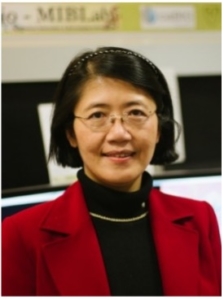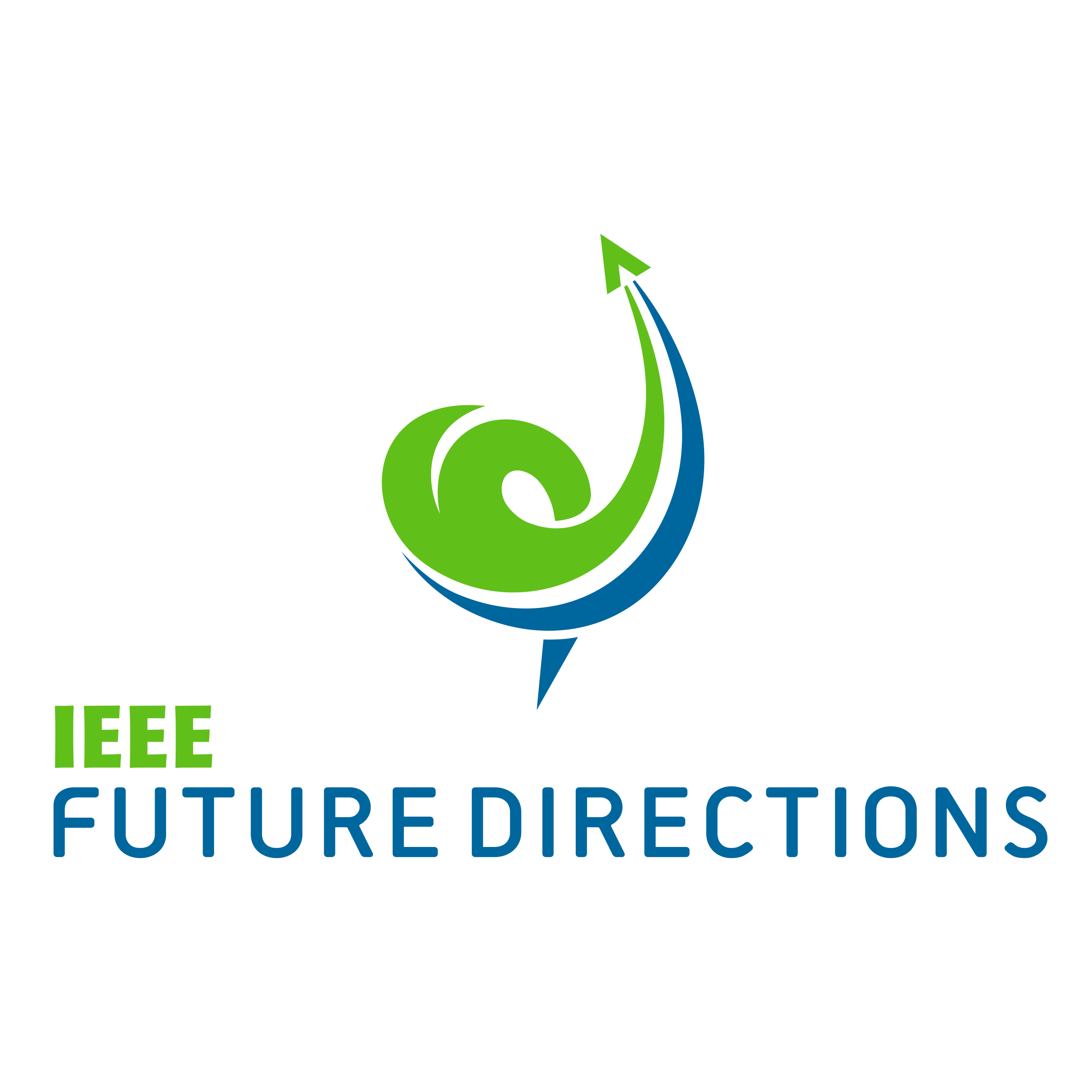Leveraging Intelligent & Immersive Technologies to Transform Our Uncertain World
Recorded on April 14th @ 11 am ET – Conference registrants can access the recording in the online conference program between June 26 and July 9.
In today’s world we are continuously faced with so many challenges that makes for our uncertain world. It has not been limited to the COVID pandemic but also to natural and man made disasters and political instability. That is where we as technologists, engineers, and scientists can transform our uncertain world by leveraging the intelligent and immersive technologies.
IEEE Future Directions serves as an incubator for these new initiatives. One of its focus areas, Digital Reality serves to explore and enable the coming Intelligent and Immersive Realities through collaboration among technologists, engineers, regulators, practitioners, and ethicists around the world. The Digital Transformation is fueled by advances in technology, such as Artificial Intelligence (AI), Machine Learning (ML), applications using the copious amounts of continuously generated data, and the Realities of Augmented Reality (AR), Virtual Reality (VR), Mixed Reality (MR), and more. With Nicholas Napp, Jeewika Ranaweera, Roberto Saracco, May Wang, Kathy Grise, and Louis Nisiotis (below, left to right).





Technology Predictions
May 24th @ 10:30 am ET
The IEEE Computer Society (IEEE CS) has unveiled its annual Technology Predictions, addressing the long-lasting influence of the pandemic on tech advancements, as well as introducing new fundamentals and anticipated trends shaping the industry for 2022 and beyond. No one can say with 100% certainty what path the future of tech will take, but IEEE CS experts in the field offer useful insights and predictions into some of the most influential possibilities. Highlights include: The top three tech trends that are anticipated to dominate in 2022 are datacentric AI, remote medicine, and health, safety, and wearable biomedical technologies; Converging technologies increasingly play crucial roles in disruption and are becoming essential for our survival; Predicting technologies helps address pandemic impacts and concerns; it goes well beyond hypothetical exercise. The 2022 Technology Predictions provides a deep dive into each prediction with analysis of specific problems and current demands; the opportunities for the technology; the impact the technology will have on the public, products, services, and related technologies; and the sustainable solutions and business opportunities that it could potentially inhibit and/or enable. With Tom Coughlin, Cecilia Metra, Dejan Milojicic, and Roberto Saracco (below, left to right).




Reliability of Autonomous Machines
June 1st @ 10 am ET
Reliability, more than anything else, is the key requirement for autonomous machines. Although the commercialization of autonomous machines is a thriving in recent years, a systematic understanding of the reliability problems in autonomous machines is still largely missing. In this panel, we invite top experts from both the industry and academia to focus on autonomous machine reliability from different perspectives, including sensing and perception reliability, software reliability, computing system reliability, as well as circuit level reliability. It is our hope that this panel serves as a foundation upon which a systematic understanding framework of autonomous machine reliability can be defined. Through this panel, the general audience can learn about the challenges and opportunities in autonomous machine reliability, the audience from the research community can leverage the information delivered in this panel for their research in autonomous machine reliability, the audience from the industry can apply the techniques discussed in this panel to their products under development. With Shaoshan Liu, Cecilia Metra, Yuhao Zhu, Bo Yu and Zishen Wang (below, left to right).








